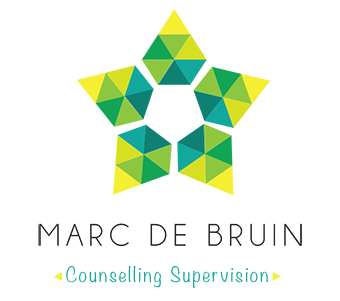Making the most out of your supervision sessions
Engaging in clinical supervision is a vital component of professional development for counsellors, aside from it being a requirement for your ACA or PACFA membership.
Here are ten pointers to help you make the most of your supervision experience. Most of them hopefully sound familiar!
- Be Open and Honest
Transparency: Share your successes and challenges openly. Transparency builds trust and facilitates growth.
Self-Disclosure: Don’t hesitate to discuss personal reactions and feelings that arise in your work with clients, as these can be insightful.
- Set Clear Goals
Professional Development Goals: Identify specific areas where you want to improve and communicate these goals with your supervisor.
Session Objectives: Define what you hope to achieve in each supervision session to maintain focus and direction.
- Prepare for Supervision Sessions
Case Summaries: Bring detailed case summaries, including client history, presenting problems, and your interventions.
Questions and Topics: Prepare a list of questions or topics you want to discuss to maximise the session’s productivity.
- Engage in Reflective Practice
Journaling: Keep a reflective journal to document your thoughts, feelings, and insights about your sessions with clients.
Self-Assessment: Regularly assess your strengths and areas for improvement to guide your supervision discussions.
- Seek Constructive Feedback
Request Feedback: Actively ask for constructive feedback on your clinical skills and therapeutic interventions.
Accept Criticism: Be open to constructive criticism and view it as an opportunity for growth rather than a personal affront.
- Utilise Supervision for Ethical Decision-Making
Discuss Ethical Dilemmas: Bring any ethical concerns or dilemmas to your supervisor to gain guidance and different perspectives.
Review Ethical Standards: Regularly review and discuss ethical standards and how they apply to your practice.
- Stay Committed to Learning
Continued Education: Engage in ongoing professional development through courses, workshops, and reading relevant literature.
Learning Mindset: Approach supervision with a learning mindset, eager to expand your knowledge and skills.
- Foster a Collaborative Relationship
Mutual Respect: Build a relationship with your supervisor based on mutual respect and trust.
Active Participation: Be an active participant in supervision sessions, contributing to discussions and seeking collaborative solutions.
- Implement Feedback and Strategies
Apply Insights: Take the feedback and strategies discussed in supervision and apply them in your practice.
Monitor Progress: Track the impact of these changes on your clinical work and discuss outcomes in subsequent supervision sessions.
- Prioritise Self-Care
Manage Stress: Discuss strategies for managing stress and preventing burnout with your supervisor.
Work-Life Balance: Ensure you maintain a healthy work-life balance to sustain your effectiveness as a counsellor.
By actively engaging in clinical supervision with openness, preparation, and a commitment to professional growth, you can significantly enhance your counselling practice. Effective supervision not only supports your development as a practitioner but also ensures that you provide the highest quality care to your clients.
Let me know if you are interested in engaging in a conversation about this, or in booking your own supervision session!





Leave a Reply
Want to join the discussion?Feel free to contribute!